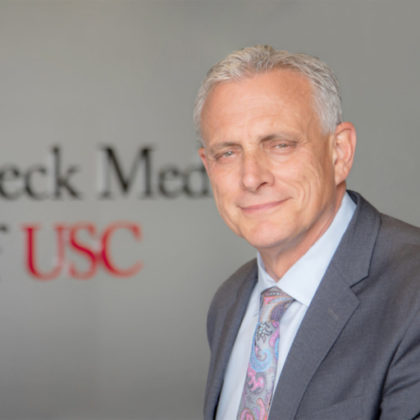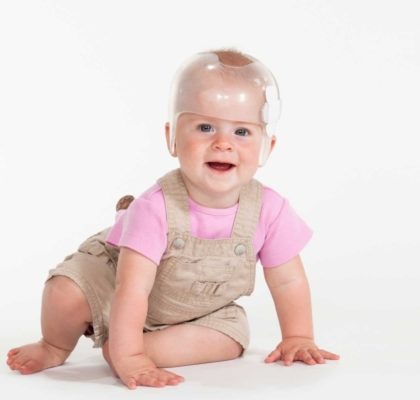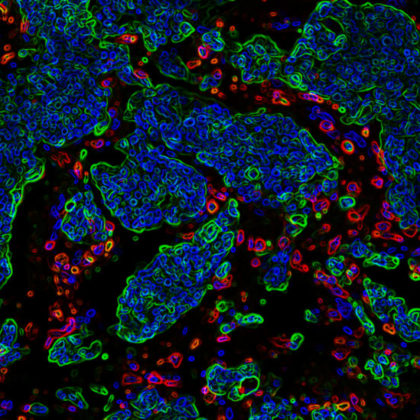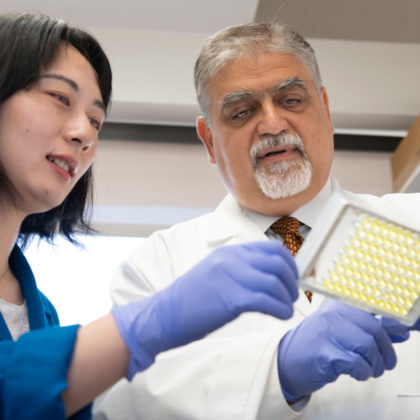Stories
For dogs with arthritis, pet pain relief effort could be a game-changer
A USC researcher is launching a biopharmaceutical startup with backing from the university to develop a drug to slow premature aging and arthritis — in dogs. Denis Evseenko, a professor of orthopedic …
Steve Shapiro brings a big-picture approach to medicine to USC
Steve Shapiro takes the macro view of medicine. This spring, he became the first senior vice president for health affairs at USC, where he will oversee — and build bridges between — clinical …
Stem cells may correct deformity and restore brain function after childhood disorder
USC scientists have regenerated parts of the skull affected by a common birth defect called craniosynostosis. Using stem cells to regenerate parts of the skull, USC scientists partially corrected a skull deformity …
Research reveals why breast cancer spreads to the brain
USC researchers have determined how cancer cells target certain organs, which could help develop treatments to slow or stop the disease from spreading. Most cancers kill because tumor cells spread beyond the …
Breakthrough in testosterone-producing cells could lead to treatment for “low T”
USC researchers have successfully grown human, testosterone-producing cells in the lab, paving the way to someday treat low testosterone with personalized replacement cells. In Monday’s Proceedings of the National Academy of Sciences, scientists …




